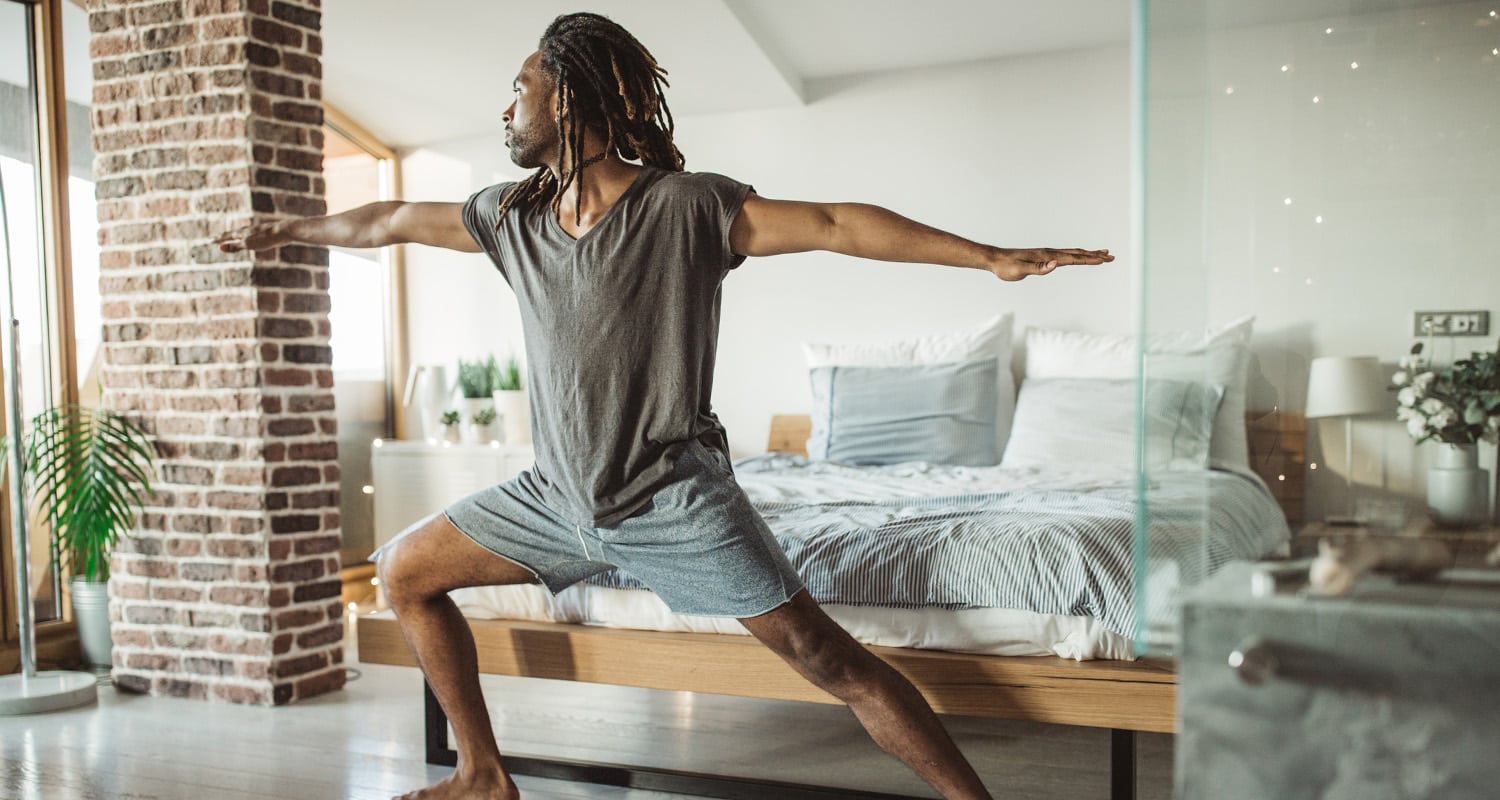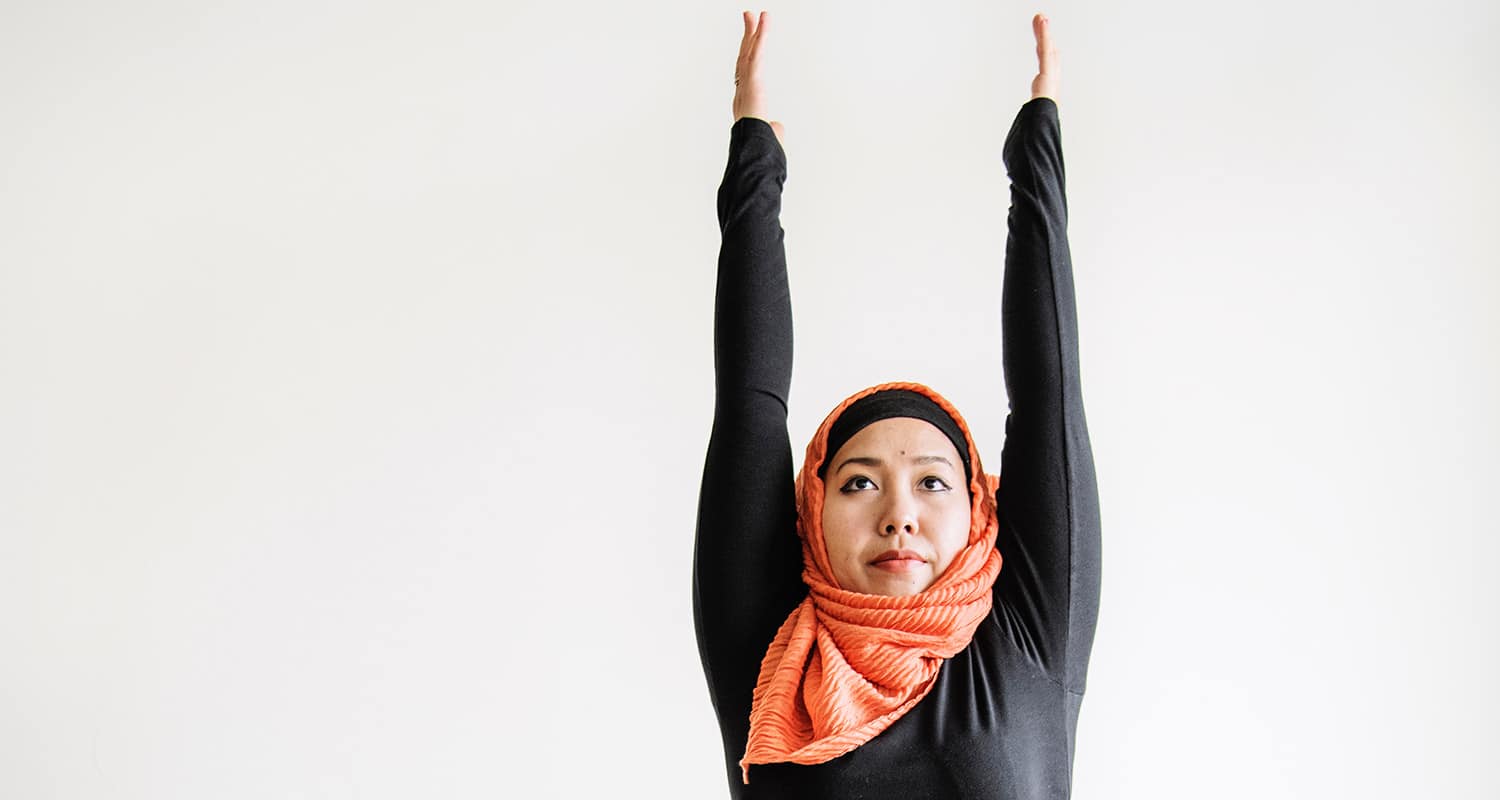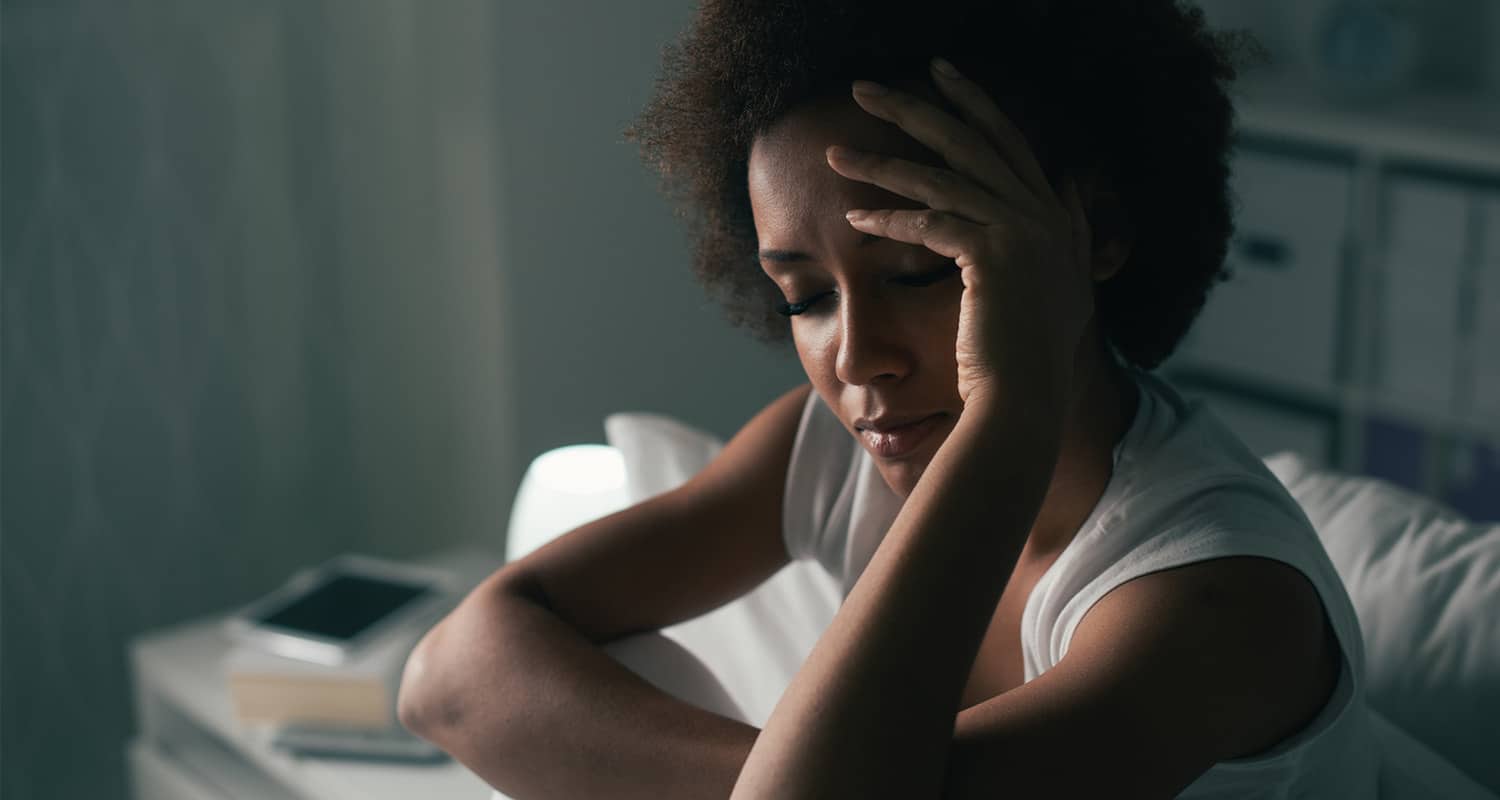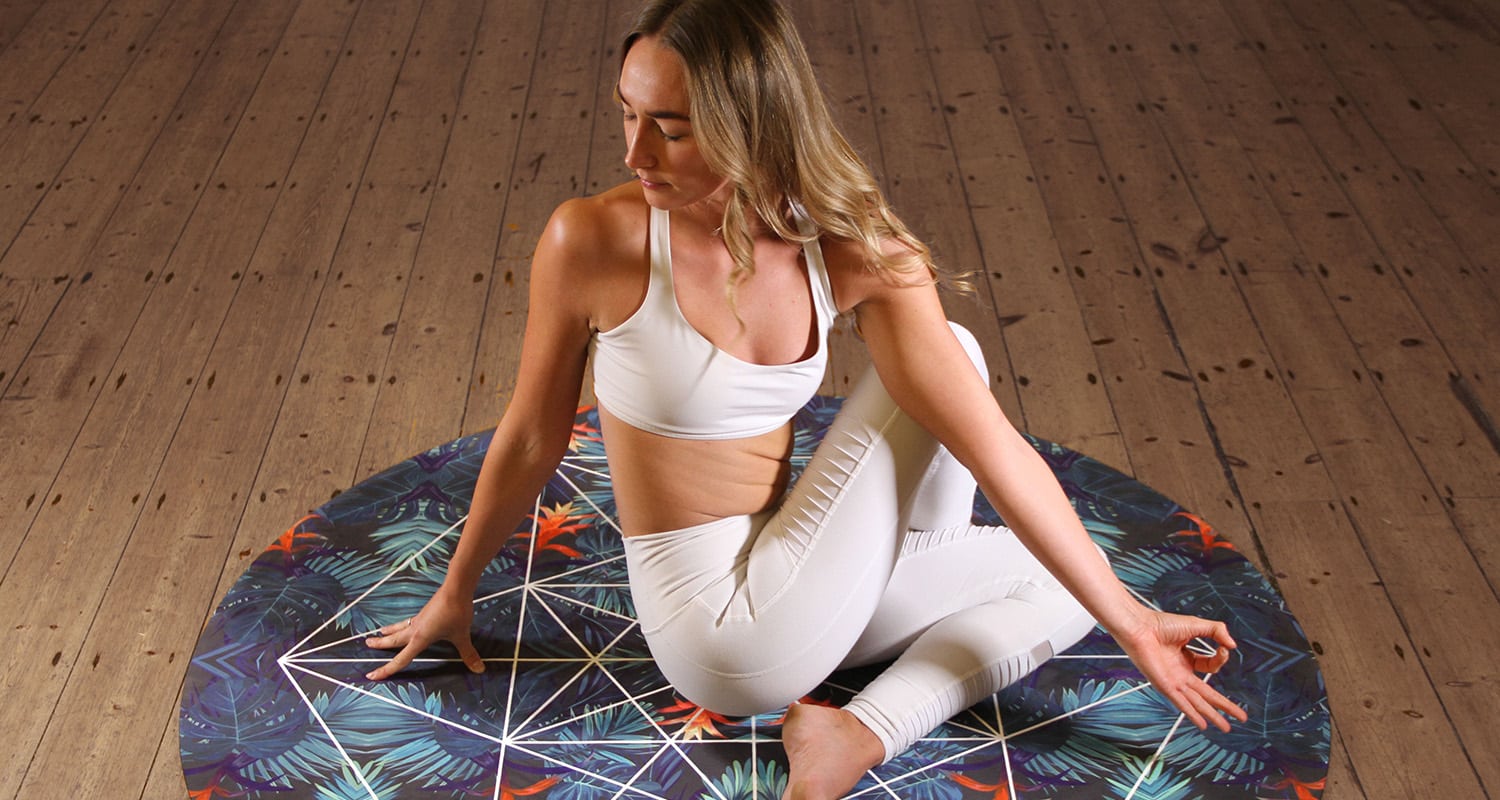
- Want to sleep better? Exercise can help. Getting on a regular workout routine improves your sleep quality by a lot.
- Exercise helps you fall asleep faster, stay asleep longer, wake up less during the night, and spend more time in the deep, restorative stages of sleep.
- Working out also relieves anxiety and stress, which are major causes of insomnia. If you find your mind racing at night, exercise can help quiet it down.
- When it comes to sleep, the type of exercise doesn’t seem to matter much. As long as you’re pushing yourself physically, your sleep will benefit. However, different types of exercise give you different benefits. This article gets into the specifics and helps you choose a workout routine that suits your needs.
- The time of day you work out doesn’t matter either. Follow your internal clock — whether you’re going for a run first thing in the morning or lifting heavy in the afternoon, your sleep will improve.
Can’t sleep? If you’re not working out regularly, consider adding an exercise routine. Working out does a lot more for you than muscle gain and fat loss. Exercise makes your brain stronger and keeps it from aging.[ref url=”https://www.ncbi.nlm.nih.gov/pmc/articles/PMC4587595/”] It increases longevity and decreases the risk of virtually all chronic disease. It eases (and in some cases cures) depression and relieves stress and anxiety.
Basically, exercise is amazing for your body and brain. It turns out exercise can help you sleep better, too. If you struggle to get a good night’s sleep (or you want the best sleep of your life), read on. This article will cover how exercise improves sleep, what different types of exercise do for you, and the best time of day to work out for better sleep.
Exercise helps you fall asleep and stay in deep sleep longer

- They slept longer: 13-18% increase in sleep time
- Fell asleep faster: 55% decrease in sleep onset latency (how long it took them to fall asleep)
- Woke up less: 30% decrease in time awake during the night
- Caught more restorative sleep: 13% more time spent in deep sleep
In other words, exercising daily can make it much easier for you to fall asleep and stay asleep, and you’ll sleep deeper and longer. That translates to much better recovery and more mental and physical energy the next day — especially if you use other sleep hacks to boost your sleep quality even more.
Exercise eases insomnia from anxiety and stress

Anxious people with chronic insomnia who started running daily saw a 15% decrease in anxiety.
Yoga may be even better, because it combines exercise with mental relaxation. Yoga outperformed anti-anxiety and antidepressant drugs at lowering cortisol (your stress hormone) and relieving anxiety and depression.
If running and yoga aren’t your thing, don’t worry. Physical activity in general decreases anxiety and relieves stress. A 16-week study at Duke University found that regular, moderate exercise three days a week worked as well as antidepressants in relieving symptoms. Ten months later, depressed people who continued working out had an 8% relapse rate, compared to 38% on medication. If you have depression, anxiety or you’re stressed out and can’t sleep, get your body moving. It’ll help.
Does the type of exercise matter?

That said, different types of exercise give you different benefits outside of sleep. If you’re going to be working out for better sleep, why not kill two birds with one stone and move toward another goal as well? Keep in mind that focusing on body goals may discourage you from working out.
- If you want to burn fat, do a couple weekly sessions of high-intensity interval training (HIIT). HIIT outperforms normal cardio when it comes to fat loss. Plus, it only takes a few minutes; no more hour-long jogs. Here’s a great HIIT workout to get you started. You can also exercise in a fasted state to burn an extra 10-20% more fat.
- To build muscle, do a heavy lifting protocol like this one with plenty of rest between workouts. The key here is intense exercise followed by lots of recovery.
- For mental focus, choose prolonged cardio like jogging or swimming. A longer session of moderate-intensity aerobic exercise boosts your brain-derived neurotrophic factor (BDNF), which increases your ability to learn and helps you get into a state of deep focus. Aim for at least 30 minutes of steady cardio where you’re pushing yourself, but not to exhaustion.
- For flexibility, yoga is your best bet. It offers deep stretching and improves alignment, provided you have a good teacher who can correct your poses. Yoga is also especially good for stress relief and mental relaxation.
Set yourself a weekly workout schedule that mixes and matches the above exercise styles to suit your goals. You’ll enjoy deeper sleep and all the benefits that come with an active life.
When is the best time of day to exercise for sleep?

However, research finds that working out before bed is just fine. People who did heavy lifting in the morning, afternoon, and evening all saw equal (and large!) improvements in their sleep quality. Likewise, a 2011 study found that people who worked out for 35 minutes before bed slept just as well as they did on the nights they didn’t exercise.
So really, when you work out comes down to personal preference. Maybe you prefer to work out right when you wake up and start your day with lots of energy. Or maybe you’re a night owl and you like those late workouts when the gym is empty. Either way, you’re getting lots of benefit, in terms of sleep quality and otherwise. Do your thing; your body will reward you for the hard work.










